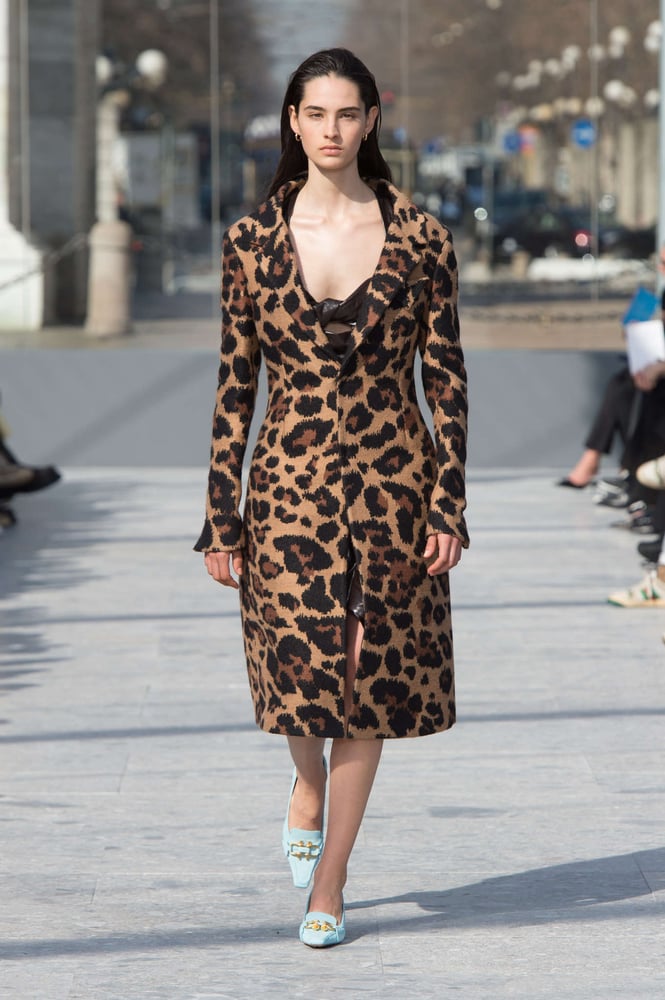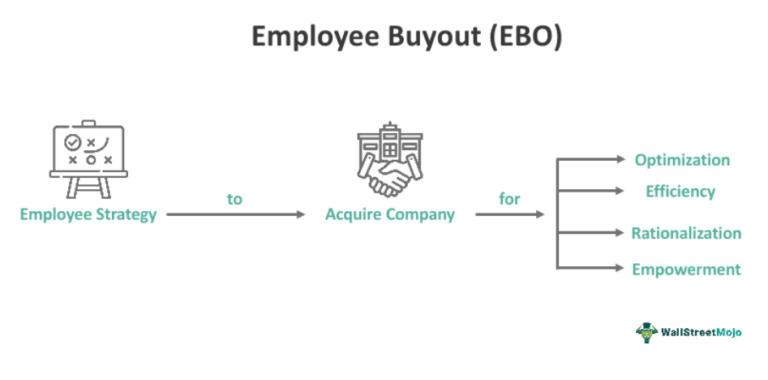
Audience
- Sentiment: Neutral
- Political Group: Moderate
- Age Group: Young adults and Gen Z
- Gender: All genders
Overview
- Kering reported a 12% decline in fourth-quarter sales, primarily due to a 24% drop in Gucci’s performance.
- Challenges include decreased consumer spending in China and increased competition in the luxury market.
- Kering’s CEO remains optimistic, advocating for innovation and a fresh marketing approach to revitalize Gucci.
Kering Reports Decline in Sales Amid Challenges for Gucci: A Closer Look
In the world of luxury fashion, few names carry as much weight and recognition as Kering SA. This French company is home to some of the most iconic brands, including Gucci, Bottega Veneta, and Balenciaga. However, recent news from Kering is causing concern among investors and fashion enthusiasts alike. The company recently announced its fourth-quarter sales, and the numbers are concerning. This article will explore what these sales figures mean for Kering and its major brand, Gucci, while also shedding light on the challenges facing the luxury goods market today.
What Happened with Kering’s Sales?
Kering reported a 12% decline in fourth-quarter sales, bringing in €4.39 billion, down from the previous year. For context, €4.39 billion is a massive amount of money, equivalent to about 4.7 billion U.S. dollars! This downturn is significant, especially considering that Gucci alone accounts for nearly half of Kering’s total revenue. To put it simply, if Gucci is struggling, Kering as a whole is likely to face serious issues.
The most alarming number from Kering’s report was Gucci’s performance. During the three-month period recognized as the fourth quarter, the brand witnessed a staggering 24% drop in sales. This decline marks a continued trend of underperformance for the brand, which has long been considered the jewel in Kering’s crown. In the past, Gucci was one of the most desirable luxury brands in the world, but it seems that times are changing.
While the overall results were disappointing, there was a silver lining. Kering’s sales figures exceeded analyst expectations, offering a small glimmer of hope amid tough times. But what are the reasons behind this decline, and what does it mean for the future of Kering and Gucci?
Exploring the Challenges
One of the significant factors impacting Kering’s sales is the decline in consumer spending, particularly in China. For a long time, China has been a goldmine for luxury brands, driven by a rapidly growing middle class eager to flaunt high-end fashion. However, recent trends indicate that this once-loyal customer base is tightening its purse strings. The COVID-19 pandemic brought significant changes to consumer behavior, and many shoppers are now more budget-conscious.
Additionally, luxury brands like Gucci have witnessed an increase in competition. More brands are vying for the attention of affluent consumers, leading to a cluttered market. These brands are not just competing on quality but also on creativity and innovation. In a world where trends change faster than a blink of the eye, staying relevant is more challenging than ever.
The CEO’s Optimism
Despite these challenges, Kering’s CEO, François-Henri Pinault, remains optimistic about the brand’s long-term transformation. He believes that the current struggles could lead to a breakthrough, and that Kering is setting the stage for a more successful future. Pinault’s attitude mirrors the view of many company leaders: tough times can sometimes spur the most significant changes.
For instance, Kering recently made headlines by parting ways with Gucci’s creative director after only a short tenure. This decision has industry experts buzzing. By bringing in fresh talent, Kering hopes to breathe new life into the brand and steer it toward a more successful path. It’s a bold move, and only time will tell if it pays off.
Is There Hope for Gucci?
While analysts have expressed caution regarding Kering’s future, there are signs of improvement in some markets. For example, the luxury market is showing renewed vigor in the United States, where consumers are returning to physical stores and indulging in impulse purchases. However, this revival has not yet been enough to offset the declines in more traditional markets.
For Gucci, the path to recovery may require a renewed focus on innovation and creativity. In a time when social media can make or break a brand’s reputation, it is crucial for Gucci to engage its audience in creative ways that resonate with younger consumers. Many fashion brands are finding success by collaborating with influencers or tapping into social justice issues important to today’s youth. Gucci will need to rethink its marketing strategy to connect with consumers meaningfully.
Reflections on Luxury Trends
As a high school student, you may wonder what all of this means for you. Does the decline of a luxury brand impact your life? Actually, it might more than you think. The luxury goods market sets trends that can filter down into mainstream fashion. If brands like Gucci struggle, we may see a shift in style preferences that eventually influences what you wear.
Moreover, this situation prompts discussions about what luxury means in our society today. For some, luxury items symbolize status and privilege, while for others, it’s about ethical production and unique designs. It’s worth considering where you fit within this spectrum. Do you believe in consumerism, or do you lean more toward sustainability?
The Future of Kering and the Luxury Market
Looking towards the future, luxury brands like Kering and Gucci will have to adapt to an ever-changing landscape. They will need to examine consumer behavior closely and invest in meaningful storytelling that connects their products to the values of today’s shoppers. Some brands have found success by championing sustainability, ensuring ethical sourcing, and using eco-friendly materials in their products. This approach appeals to a younger generation that is increasingly mindful of their purchases.
Competitive marketing strategies, creative innovation, and strong brand positioning will be vital as Kering navigates through these challenging times. Kering is in a unique position to not just survive but to thrive in the luxury goods market as consumer preferences continue to evolve.
A Final Thought
As we observe Kering’s journey, it’s essential to recognize that no brand is immune to the challenges of the market. What happens to Gucci could offer valuable lessons in resilience, adaptability, and the importance of staying connected with consumers.
Now, I’d love to hear your thoughts! How do you think Gucci can overcome these challenges? Do you believe that luxury brands will continue to evolve, or do you think we’ll see a return to the traditional ways of luxury shopping? Leave your comments below!





